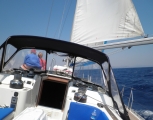
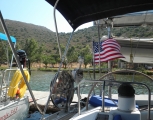
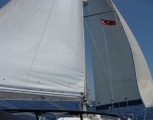
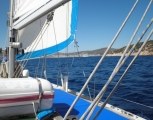
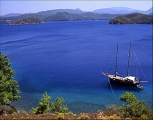
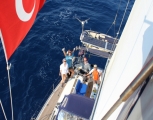
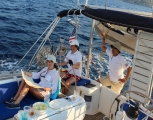
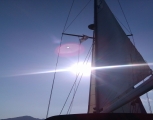
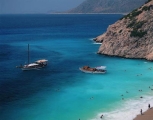
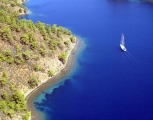
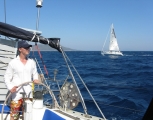
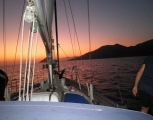
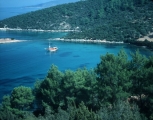
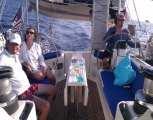
|
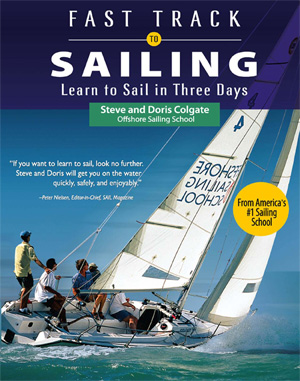 |
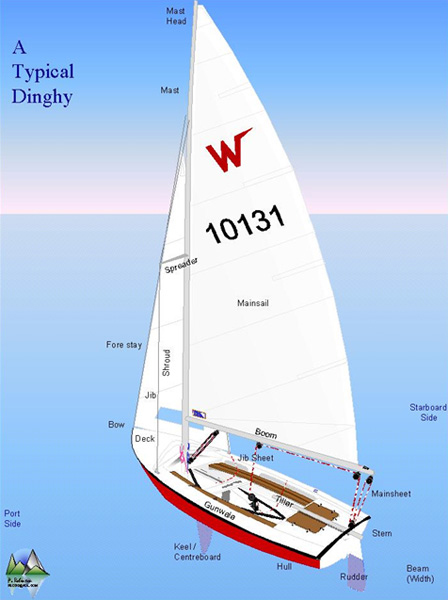
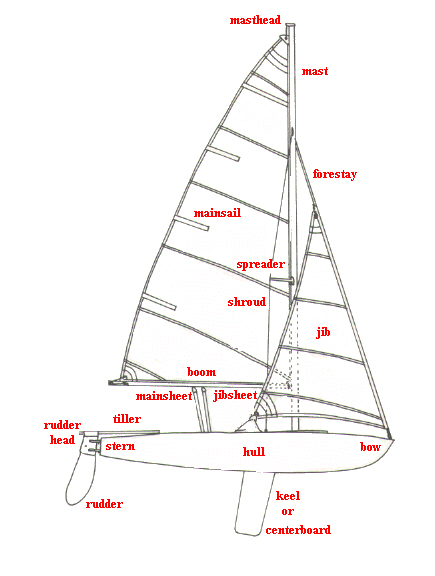
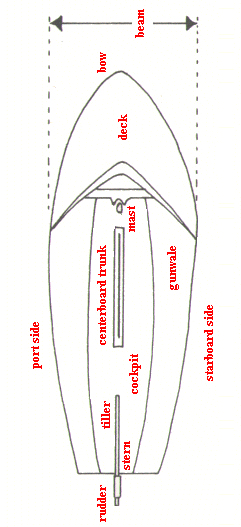














|












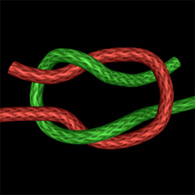 |
 |
 |
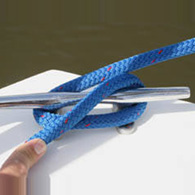 |














|
TYF Sailing Licences |
||
YY1 |
1 week of sailing training in a sailboat while cruising in Eagean sea. (theory and practice) Includes course materials. |
550 € /person |
YY2 |
1 week of sailing training in a sailboat while cruising in Eagean sea. (theory and practice) Includes course materials. |
550 € /person |
IYT Courses |
||
IYT International Crew |
1 week of sailing training in a sailboat while cruising in Eagean sea. (theory and practice) Includes course materials. |
650 € /person |
IYT Flotilla Skipper |
1 week of sailing training in a sailboat while cruising in Eagean sea. (theory and practice) Includes course materials. |
650 € /person |
IYT Bareboat Skipper |
1 week of sailing training in a sailboat while cruising in Eagean sea. (theory and practice) Includes course materials. |
650 € /person |
Bareboat Skipper compressed |
Get 3 courses in 2 weeks (14 days) and become Bareboat Skipper. 2 weeks of training theory and practice. Includes course materials. |
1400 € /person |
IC&C |
EU European Union and United Nations International Certificate of Competency No. 40 countries. IYT Flotilla Skipper and above can take. Certificate fee. |
90 € /person |
IYT VHF |
VHF licence. Lessons and exam can be taken during any of the courses. |
200 € /person |
Yachtmaster Coastal |
1 week of training theory and practice. Includes course materials. |
1.500 € /person |
Yachtmaster Offshore |
2 weeks of training theory and practice. Includes course materials. |
2.100 € /person |
Sailing Trips |
||
Sailing Trip |
You can participate to any of our trips at our booking plan. Trips are either 1 or 2 weeks. You will not get any certificate but You will participate to all of the jobs of the sail crew. |
550 € /person |
Private sailing cruise |
You can close the boat for 1 week. You can decide on the course and where to stop. You can come with any number of friends boat will allow (up to 8-10 people). There will be skipper on the boat but your crew will do all the sailing jobs |
3000 € /week |
SPECIAL CORPORATE TRAINING |
||
Safety at sea and practices |
Survival at sea, personal safety and social responsibility, basic first aid, fire fighting. 5-day training |
800 € /person |
Navigation |
Nautical charts, ploting course, fixes, bearing compass and other fixing methods. 4-day training |
700 € /person |
Astro Navigation |
Definitions, Using Sextant, calculation methods (sun, moon, stars, etc.), the position fixing. 5-day training |
900 € /person |
Tide and Currents |
Tides and currents, calculation methods, using maps and Almanac, bridges & anchoring calculations. 2-day training |
400 € /person |
Corporate team work |
One-week sailing trip and teamwork training |
600 € /person |














|
